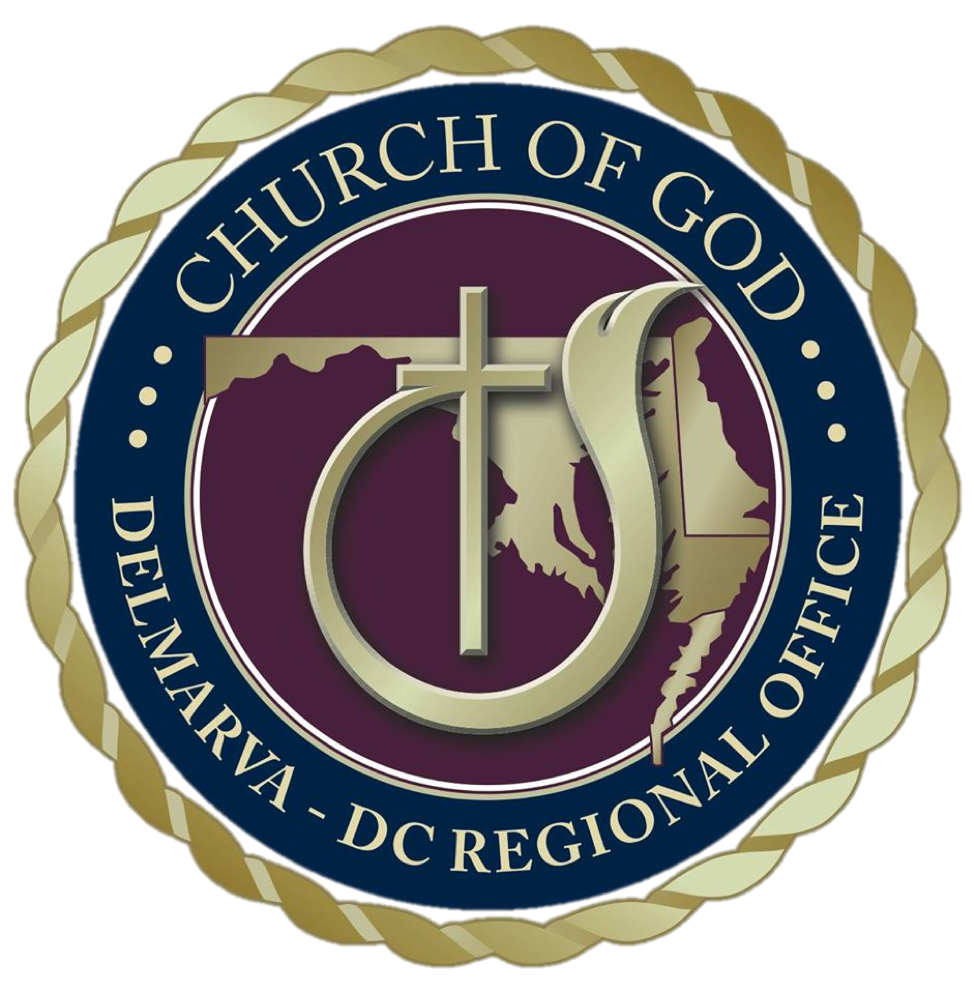20/20 visionaries are always looking and leading toward new horizons. The necessity of being a forward thinker is critical to those invested in continued church health.
Recently, I heard reference to something called the sigmoid curve. Further curiosity led me to discover that the sigmoid curve teaches the importance of anticipation. It’s a mathematical function that demonstrates that every growth curve will eventually plateau unless you interrupt its cycle. The optimal time to interrupt a growth curve is before it reaches its peak. I’m talking about prolonged, sustained momentum, not a temporary seasonal drop that happens to all of us.
Inactivity will leave your church behind. When we fail to recognize a shift, inactivity in addressing generational and societal needs can make you irrelevant. You can continue to preach, sing, fellowship and assemble, but all momentum is gone. Sometimes, a community leaves a church because there are no jobs or no potential growth for industry to sustain itself. As in life, death can be natural. But other times, a church leaves its community.
My concern is church health, not church growth. My thesis is that a church, once healthy, will be a growing church. Health starts with the minister and his/her team. Healthy ministers grow healthy churches. Growth is an automatic byproduct of health. And to be clear, growth will manifest in a variety of ways, not just in numbers. A church can be healthy, yet their numbers remain static for a season. People die, people move, people don’t get on board the vision train, people do not resolve their conflicts, etc. Numbers do not always reflect the health of a church. But in time, there will be growth there too. When weeds are removed, the plant is no longer choked to death and the plant automatically bears fruit in its season.
The most effective leaders have a unique ability to see the curve coming and act before a plateau ensues. They can anticipate a shift that needs addressing before it actually arrives. It’s been my observation that we tend to do more reacting than acting. It’s better to be reactive than non-active, but to be proactive is far better. But how is this possible? How can a person responsible for leadership oversight know when to alter the course before the plateau occurs?
Dr. Paul Yonggi Cho of Yoido Full Gospel Church in Seoul, South Korea gives us insight to this question. He was asked, “what is your secret to the phenomenal church growth you’ve experienced “? Dr. Cho paused, then replied “I pray and I obey”. He was again asked, “is there anything else”?, waiting for a great church growth truth to be spoken. Dr. Cho said again, “I pray and I obey”.
Now, I certainly don’t believe that every church needs to be like Dr. Cho’s. It’s the largest church in the world. But his primary driving principle speaks to all of us. To me, this is the key. I’m for training, education, conferences, podcast, webinars and the like. I’ve read more books on leadership than I can count. But nothing, absolutely nothing can replace His voice, His leading, His impressions, His directives and His Word(s) that come to me when I pray. This is the only way those of us who are in a position of leadership can anticipate the plateau.
Most churches close or must deal with problematic issues disrupting the momentum of the church more times than not, because somebody, somewhere was too late in anticipating the curve. Whether it be an Overseer, Pastor, Board member(s) or some other church entity, they failed to “interrupt the cycle”, see the danger signs, and be proactive in addressing the issues at hand.
My two greatest ministry heartaches and heartbreaks are revoking a credential and closing a church. Both of them still keep me awake at night. With the exception of a few churches that died naturally, in every other case, casualty could have been avoided. Looking back, the common thread that ran through each of them can be summed up in one word, obedience!
It is not enough to simply say “I believe “. James tells us that even the devils in hell “believe”. Dr. Cho has it right; “I pray and I obey”. What’s our issue with obedience? Are we afraid we will be wrong? Afraid we will look foolish? Afraid we will be mocked, laughed at or ridiculed? Afraid we will be viewed a fanatic? Afraid of being criticized? One of two things happen. Either the discipline of prayer is absent or we fail to obey what He says when we pray.
I know this because He will not lead us astray. It’s “in Him we live, and move, and have our being”. He gives life “more abundantly”. The “righteous are never forsaken” and “His seed never beg for bread”. “Every good and perfect gift” come from Him.
“I pray AND I obey”! That capsulizes the greatest leadership principle in Christendom. To hear His voice you must know His voice. Take time to listen when you pray and when He speaks, trust and obey, for there’s no other way.
